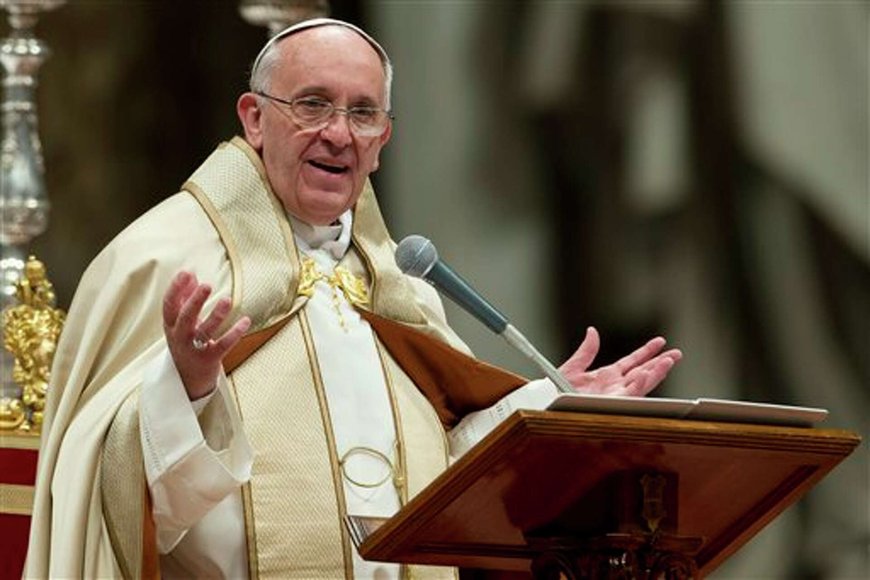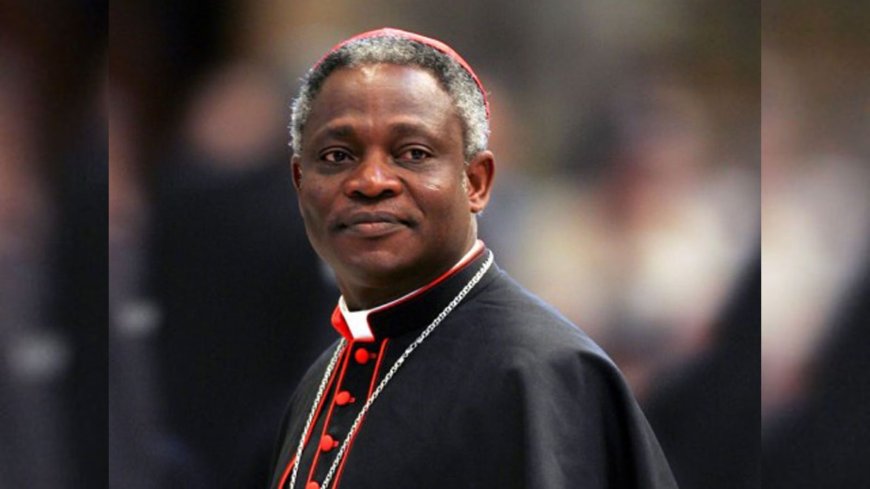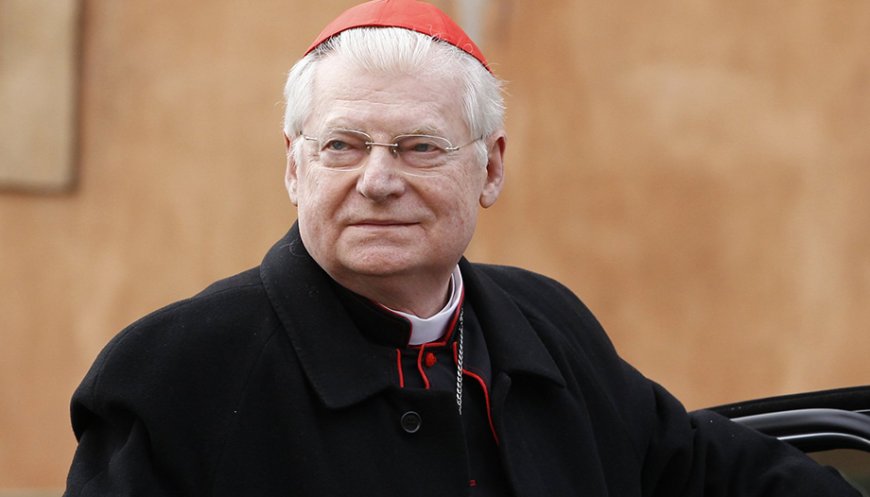Top 5 Contenders To Replace Pope Francis & Why Kenya Won't Be Represented In Polls
A new pope has not yet been chosen. The decision will fall to the College of Cardinals — senior members of the clergy, many of whom were appointed by Francis himself.

Pope Francis died early on Easter Monday, April 21, marking the end of his decade-long papacy that began with his election in 2013 and leaving the position vacant.
12 years after he was elected pope, Pope Francis' death has reignited speculation about who will become the next leader of the Catholic Church, one of the world’s oldest and largest faiths, with around 1.39 billion followers. A new pope has not yet been chosen. The decision will fall to the College of Cardinals — senior members of the clergy, many of whom were appointed by Francis himself.
While technically any baptised male Roman Catholic is eligible, the role has historically been filled from within the College. There are currently over 240 cardinals globally, and most hold the title for life.
Cardinals under the age of 80 are eligible to vote in what’s called the papal conclave following a pope’s death or resignation. To ensure complete secrecy and avoid external pressure, the conclave gathers inside the Sistine Chapel and remains locked in as they deliberate on the next pope.
However, Kenya will not have a representative when the College of Cardinals meet in two to three weeks' time to elect the next Pope. John Cardinal Njue, who became the second Kenyan to be elevated to cardinal by the late Pope Benedict XVI in 2007, is now 81 years old, thus ineligible to vote.
In Kenya's history, however, only two men have ever participated in the election of a pope: Maurice Cardinal Otunga and John Cardinal Njue. Cardinal Otunga was part of the conclaves that elected Popes John Paul I and John Paul II.
Interestingly, while he was in Rome for the conclave that chose John Paul I, Kenya's founding president, Jomo Kenyatta, passed away. Otunga had to rush back home immediately after the new pope’s announcement to attend Kenyatta’s funeral on August 31, 1978.
Years later, Cardinal Njue participated in the conclave that elected Pope Francis. Coincidentally, while he was away, Kenyatta’s son, Uhuru Kenyatta, was elected as Kenya’s fourth president.
The pope who had elevated Otunga to cardinal — Pope Paul VI — was also the pontiff during Kenya’s independence in December 1963. Notably, Paul VI is one of the few popes in recent history who faced public accusations about his sexuality, which he was compelled to publicly deny.
Although the usual limit for papal electors is 120, there are currently 138 cardinals eligible to vote. They cast their ballots in secret, with the process monitored by nine randomly chosen cardinals. A two-thirds majority is traditionally needed to elect a new pope, and voting continues until that requirement is fulfilled.
Vatican insiders have spotlighted several frontrunners to succeed the 266th pope — a list that includes a potential first African pope and a Filipino cardinal often dubbed the "Asian Pope Francis."
The 76-year-old Ghanaian is a strong contender and could become the first African pope in over 1,500 years. He has 5:1 odds and is known for his work in social justice, having previously led the Vatican’s Dicastery for Promoting Integral Human Development.
Turkson is a vocal advocate for action on climate change, poverty, and economic equity. The last time the Church had a Black pope was Pope Gelasius I, who led from 492 to 496 AD.
With 3:1 odds, the 67-year-old Filipino cardinal is currently considered the frontrunner. A close ally of Pope Francis, Tagle is known for promoting inclusion and evangelisation. His strong ties to Asia — a region where Catholicism is rapidly growing — and his reputation as the “Asian Pope Francis” make him a popular candidate for continuing Francis' progressive legacy.
Italy’s Pietro Parolin, 70, serves as the Vatican’s Secretary of State and holds 4:1 odds. His diplomatic background, especially in negotiations with countries like China and those in the Middle East, has boosted his standing. Parolin is viewed as a moderate who could maintain the current direction of the Church while bringing extensive bureaucratic and global experience.
From Hungary, 72-year-old Erdő is a respected expert in canon law and a staunch supporter of traditional Catholic doctrine. He’s seen as a candidate for those seeking a return to more conservative Church values, similar to those of Popes John Paul II and Benedict XVI. He currently holds 6:1 odds.
The 82-year-old Italian, once seen as a favourite during the 2013 conclave, rounds out the top five with 8:1 odds. A former Archbishop of Milan, Scola is rooted in a strong theological tradition and favours a more centralised Church hierarchy. His age and conservative views make his candidacy less likely but still notable.

Cardinal Peter Turkson, one of the frontrunners to succeed Pope Francis. /THE INDEPENDENT
Random Facts
Cardinal Peter Turkson
Cardinal Luis Antonio Tagle
Cardinal Pietro Parolin
Cardinal Peter Erdő
Cardinal Angelo Scola

Cardinal Angelo Scola. /OMNES






